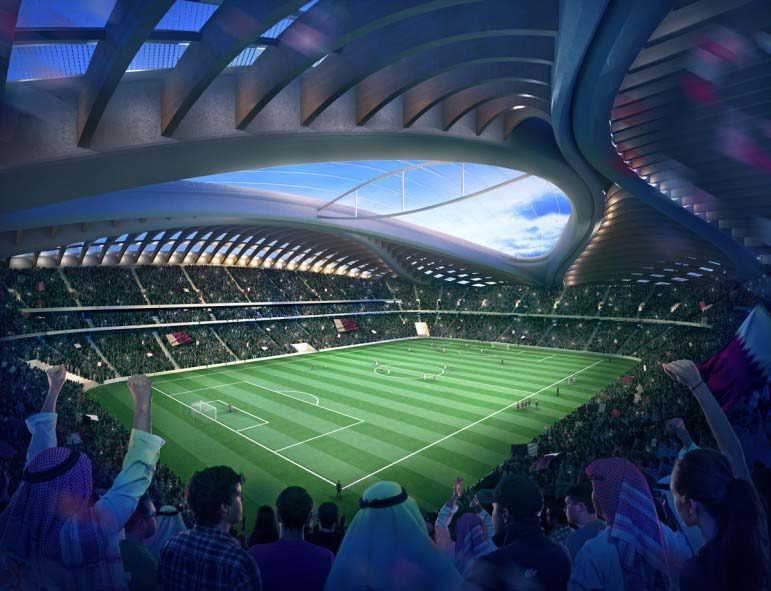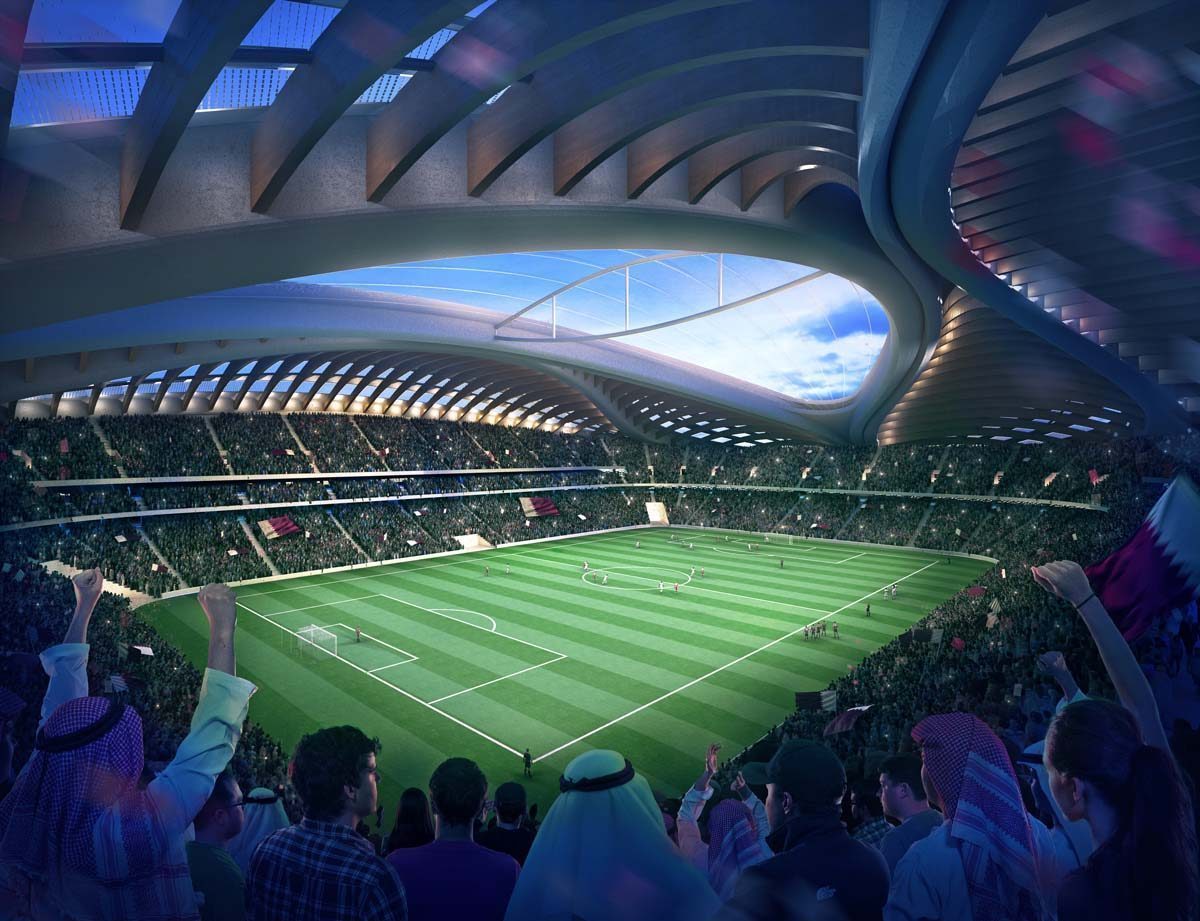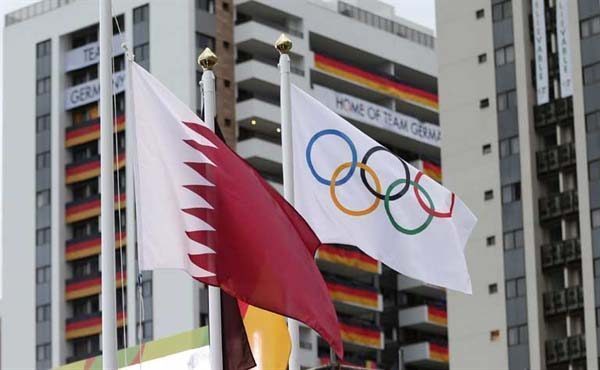
Qatar has plans to build eight new stadiums ahead of the 2022 World Cup, but has not yet finalized an exact number of venues for the games, a spokesman for the Supreme Committee of Delivery and Legacy (SCDL) has told Doha News.
A final decision of the number of host venues is expected to be made by FIFA after the 2014 World Cup in Brazil, added the spokesman, whose committee is in charge of preparing Qatar’s tournament venues.
His remarks come after a new Bloomberg report that said Qatar planned to scale back its stadium plans by a third, according to an SCDL manager.
Under FIFA guidelines, World Cup hosts can have a minimum of eight stadiums and a maximum of 12.
When Qatar bid for the World Cup, it proposed readying 12 stadiums, including renovating three current venues – Al Gharafa, Al Rayyan and Khalifa International, and building nine new ones. The stadiums were to be located in Al Wakrah, Doha Port, Al Shamal, Al Khor, Umm Slal, Sports City, Lusail, Qatar University and Education City.
However, the SDCL spokesman previously acknowledged that Qatar’s number would likely be on the lower end of the spectrum – closer to eight venues – than 12.
Rationale
It is not clear why Qatar is opting to potentially scale back plans, though time could be a factor. The first World Cup stadium to be built – in Al Wakrah – was announced in November, three years behind schedule.
Construction on that venue and the refurbishment of Al Rayyan Stadium are the only projects that have been announced so far, though three other stadiums are expected to be in various stages of construction by the end of this year, according to Hassan Al Thawadi, secretary general of the SCDL.
The committee previously said work on the stadiums is expected to be staggered over the next several years, for a final completion date of 2020.
Another reason to scale back could be rising costs, according to Bloomberg. It quotes an analyst as saying:
“Their decision was motivated by cost-cutting following an assessment of the real needs on the ground,” John Sfakianakis, chief investment strategist at investment company MASIC in Riyadh, Saudi Arabia, said in an e-mail. “It does always make good sense to do necessary cost-cutting and reviews of capex for such huge projects that are front-loaded.”
Thoughts?







